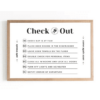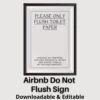As an Airbnb host, ensuring that your property is protected is crucial. Many hosts overlook the importance of having robust insurance coverage, often relying solely on Airbnb’s AirCover. In this blog, we’re diving deep into why additional insurance is necessary, the coverage provided by Airbnb, and practical steps you can take to safeguard your rental. Let’s explore the essential Airbnb hosting tips that will help you host with confidence.
Table of Contents
- Step 1: Understand Why Homeowners Insurance Isn’t Enough
- Step 2: Explore Airbnb’s AirCover Coverage
- Step 3: Recognize the Risks of Relying Solely on AirCover
- Step 4: Evaluate Your Property’s Specific Risks
- Step 5: Look Into Specialized Short-Term Rental Insurance
- Step 6: Keep Up with Future Updates
- Frequently Asked Questions
- Conclusion
Step 1: Understand Why Homeowners Insurance Isn’t Enough
Most standard homeowners insurance policies do not cover short-term rentals. This is a critical point that every host must understand. When you host on Airbnb, you’re essentially running a business, and standard home insurance policies exclude business activities from their coverage. This means if a guest causes damage or gets injured, you could be left covering the costs yourself.
For example, if a guest accidentally breaks a window or causes water damage, your homeowners insurance may deny the claim since it occurred during a rental period. Therefore, you absolutely need additional coverage to ensure you are fully protected and not left holding the bag if something goes wrong.
Step 2: Explore Airbnb’s AirCover Coverage
Airbnb offers a program called AirCover, which provides some protection for hosts. Initially, it sounds promising, but there are crucial details to consider. AirCover essentially offers four main types of protection: damage protection, liability insurance, income loss coverage, and deep cleaning protection.
Property Damage: This covers damages up to $3 million caused by guests to your home or belongings. This includes things like broken furniture or stained carpets. However, regular wear and tear, gradual damages like mold, and high-value items like jewelry are not covered.
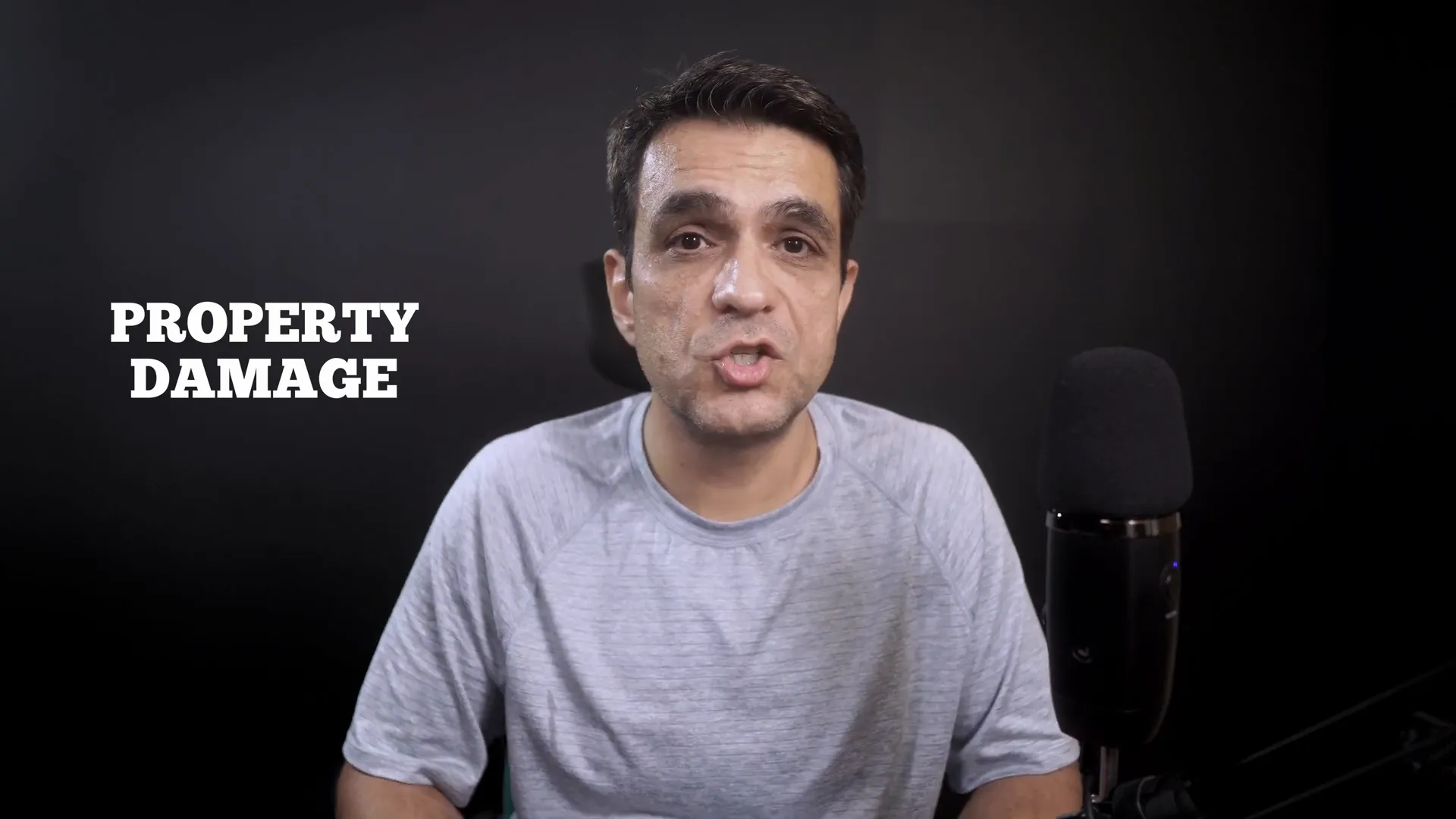
Income Loss Coverage: If a guest causes damage and you need to cancel future bookings, AirCover can compensate you for the lost income during that time. However, it only covers income loss due to guest damage, not natural disasters or maintenance issues.

Liability Coverage: This protects you if a guest gets injured on your property and decides to sue. However, this coverage may not apply if the injury is due to negligence on your part, such as failing to maintain the property.
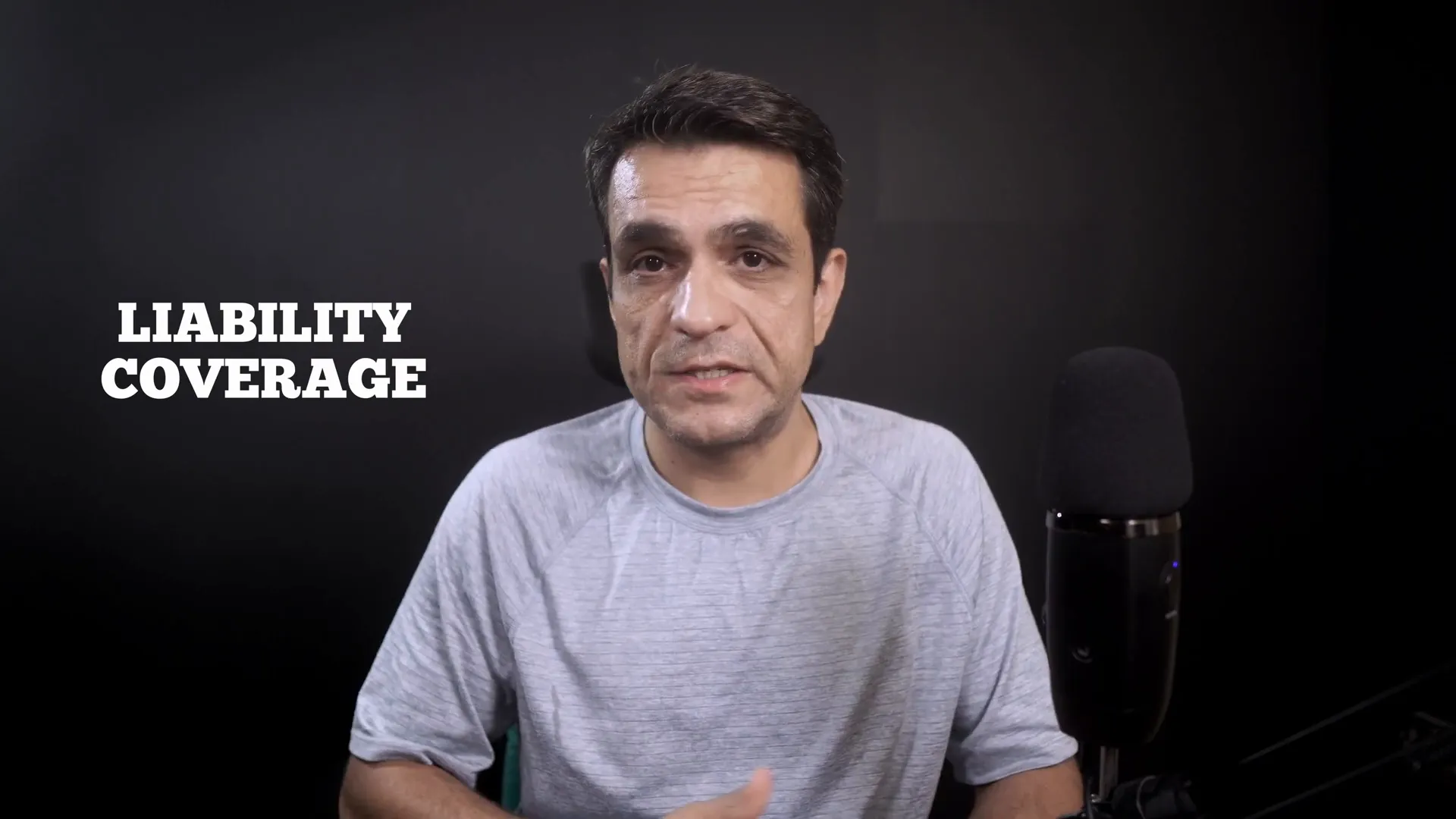
Step 3: Recognize the Risks of Relying Solely on AirCover
While AirCover provides a layer of protection, it is not a comprehensive safety net. Think of it as a basic shield for common situations like minor damages or simple liability claims. However, it falls short when dealing with bigger, messier problems.
For instance, if a guest refuses to leave or if there’s a natural disaster, AirCover will not cover legal expenses or damages from such events. This is where additional insurance becomes essential, providing peace of mind knowing that you’re covered no matter what happens.
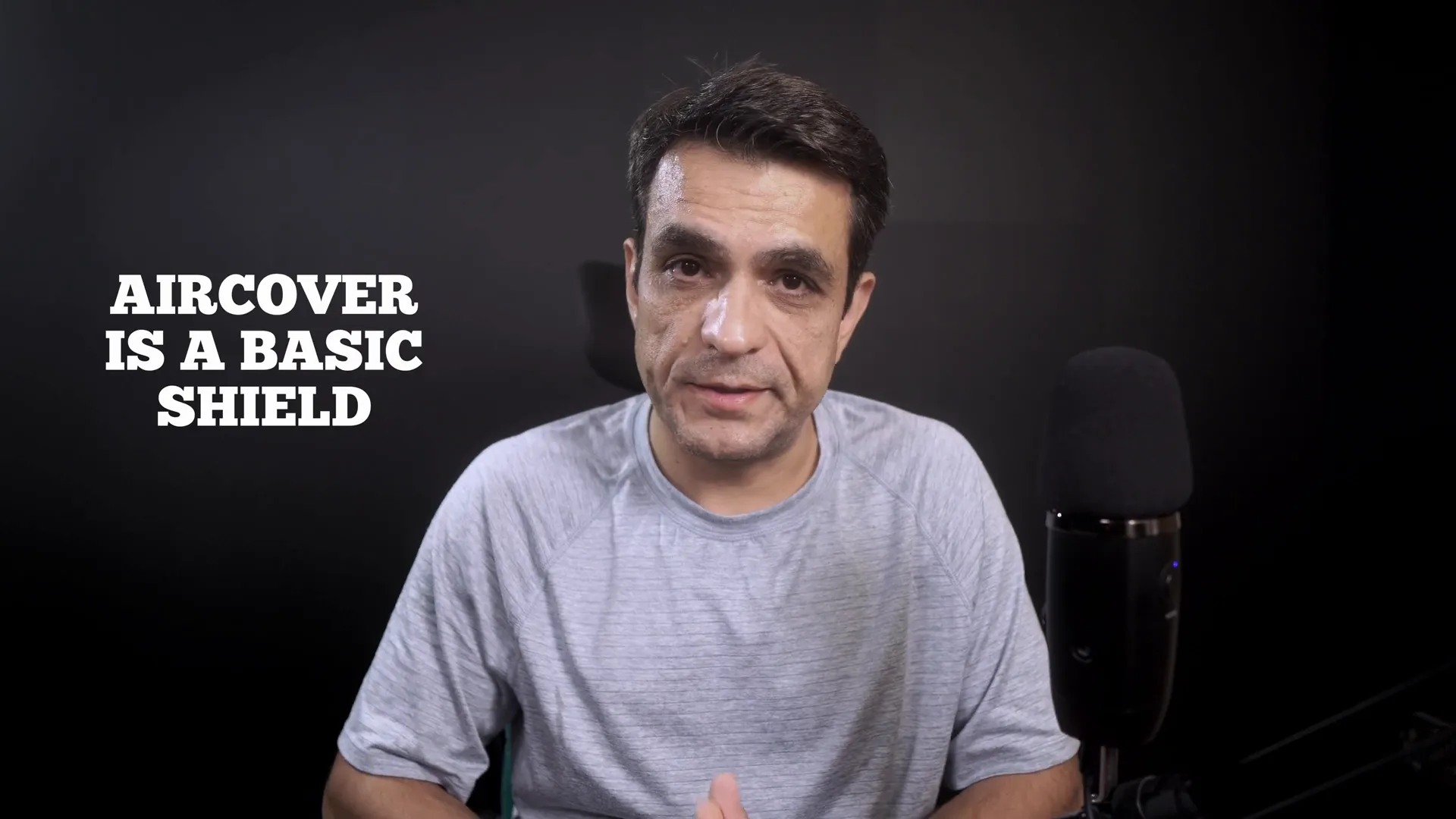
Step 4: Evaluate Your Property’s Specific Risks
To ensure you are adequately protected, evaluate the specific risks associated with your property. Consider whether you have high-value items that need extra protection or off-premise amenities like a dock that guests might use. Think about all possible scenarios that could happen in your rental.
For example, if you have valuable artwork or collectibles, standard coverage may not suffice. Furthermore, if your property is in an area prone to natural disasters, you may require additional coverage specifically for those risks.
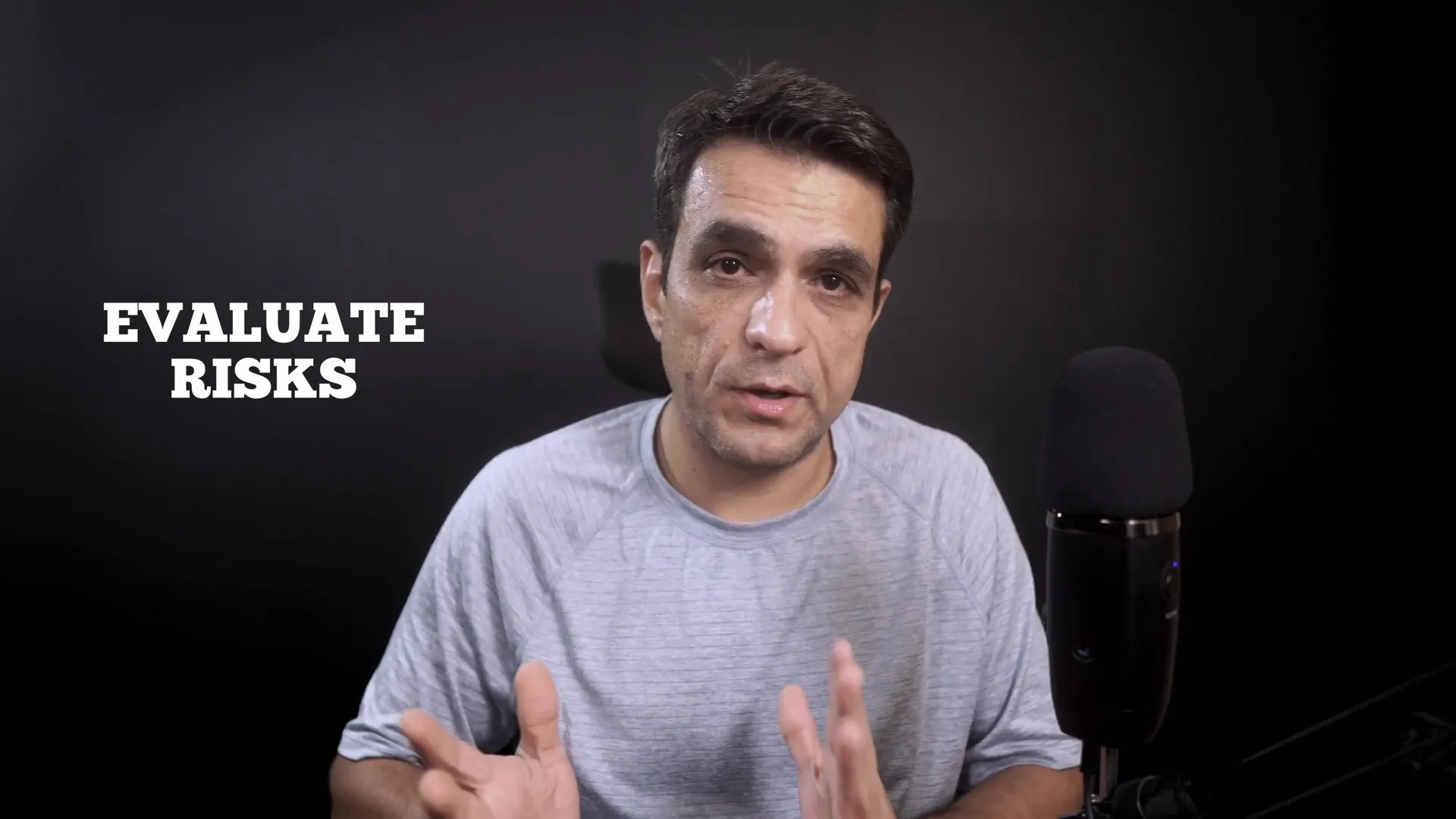
Step 5: Look Into Specialized Short-Term Rental Insurance
If you determine that AirCover isn’t enough, consider specialized short-term rental insurances. These policies are designed to fill the gaps that AirCover doesn’t cover, including extended loss of income, protection against squatters, and natural disaster coverage.
To help you get started, I’ve included links in the description to some of the best companies offering short-term rental insurance for Airbnb hosts in various countries. Do your research and find the one that fits your needs.

Step 6: Keep Up with Future Updates
Insurance policies and coverage options can change, so it’s vital to stay informed. I’ll be uploading more content soon that will provide practical demonstrations on how AirCover works in real-life situations, including how to raise a damage claim and tips for maximizing your chances of reimbursement.
Make sure to subscribe for more no-nonsense Airbnb hosting tips and strategies to protect your vacation rental business. If you have any experiences with AirCover, I’d love to hear your stories in the comments!

Frequently Asked Questions
Do I really need additional insurance if I have AirCover?
Yes, AirCover is not a substitute for comprehensive insurance. It covers specific incidents during a guest’s stay but does not protect against many other risks, including natural disasters or issues that arise when the property is not booked.
What types of damages are not covered by AirCover?
AirCover does not cover regular wear and tear, damages from natural disasters, lost income due to cancellations not caused by guests, and high-value items like jewelry or artwork.
How can I file a claim with AirCover?
You need to document the issue by taking photos or videos and filing a reimbursement request within 14 days of the responsible guest’s checkout through the Airbnb Resolution Center.
What should I do if my claim gets denied?
If your claim is denied, review the reason provided and gather any additional evidence or documentation to support your case. You may need to appeal the decision or seek alternative insurance coverage for that particular incident.
Conclusion
In conclusion, understanding the limitations of Airbnb’s AirCover and taking proactive steps to secure additional insurance can make all the difference in your hosting experience. By following these Airbnb hosting tips, you can ensure that you are fully protected, allowing you to host with confidence and peace of mind. Happy hosting!






